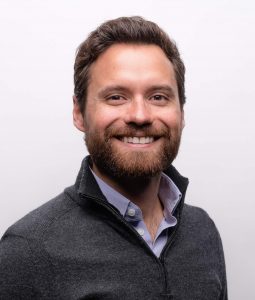 In “Approaches for the Electrochemical Interrogation of DNA-Based Sensors: A Critical Review,” Miguel Aller Pellitero, Alexander Shaver, and Netzahualcóyotl (Netz) Arroyo-Currás reviewed the specific advantages of the electroanalytical methods most commonly used for the interrogation of DNA-based sensors.
In “Approaches for the Electrochemical Interrogation of DNA-Based Sensors: A Critical Review,” Miguel Aller Pellitero, Alexander Shaver, and Netzahualcóyotl (Netz) Arroyo-Currás reviewed the specific advantages of the electroanalytical methods most commonly used for the interrogation of DNA-based sensors.
Arroyo-Currás, ECS member and associate editor, Journal of the Electrochemical Society sensors technical area, provided more background information to the article in response to questions from the ECS Blog.
What are DNA-based electrochemical sensors?
These are measurement platforms that employ any form of DNA as the molecular recognition element. We must remember that electrochemistry is extremely sensitive (for example, there is significant work regarding stochastic detection of single entities like molecules, nanoparticles and whole cells and viruses) but lacks specificity; thus, relying on the molecular binding properties of DNA allows us to selectively detect molecules even in complex biological environments. (more…)


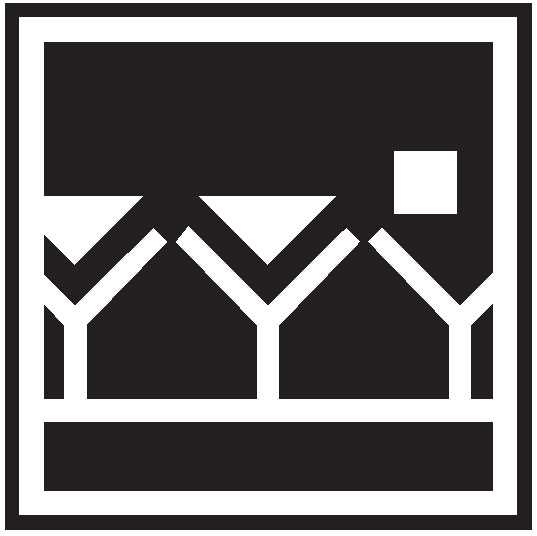 Deadline: March 1, 2020
Deadline: March 1, 2020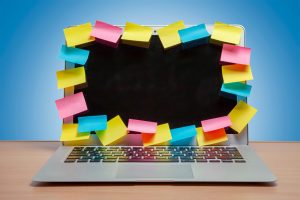 To ensure easy access to important research in The Electrochemical Society publications, update your bookmarks. Since ECS launched its partnership with IOP Publishing on January 2, 2020, all ECS digital publications are only available through IOPscience. ECS bookmarks will not be rewritten by the server. You must update your URLs (web page addresses) yourself.
To ensure easy access to important research in The Electrochemical Society publications, update your bookmarks. Since ECS launched its partnership with IOP Publishing on January 2, 2020, all ECS digital publications are only available through IOPscience. ECS bookmarks will not be rewritten by the server. You must update your URLs (web page addresses) yourself.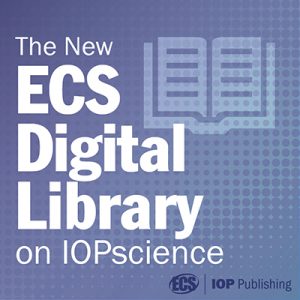 When ECS and IOP Publishing complete their partnership on January 2, 2020, with the launch of the ECS Digital Library on IOPscience, two great institutions will bring over 200 years of experience in excellent scientific publishing to advancing theory and practice at the forefront of electrochemical and solid state science and technology, and allied subjects.
When ECS and IOP Publishing complete their partnership on January 2, 2020, with the launch of the ECS Digital Library on IOPscience, two great institutions will bring over 200 years of experience in excellent scientific publishing to advancing theory and practice at the forefront of electrochemical and solid state science and technology, and allied subjects.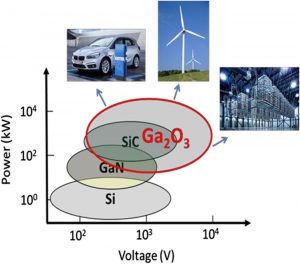 Accepting Submissions: December 26, 2019 – March 25, 2020
Accepting Submissions: December 26, 2019 – March 25, 2020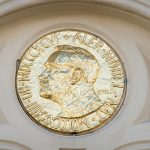 John Goodenough, Stanley Whittingham, and Akira Yoshino
John Goodenough, Stanley Whittingham, and Akira Yoshino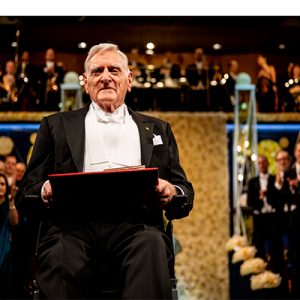
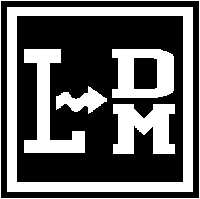 Nominations are due January 1, 2020
Nominations are due January 1, 2020